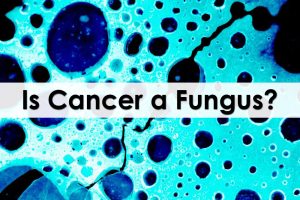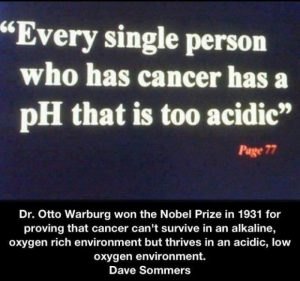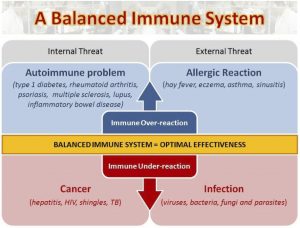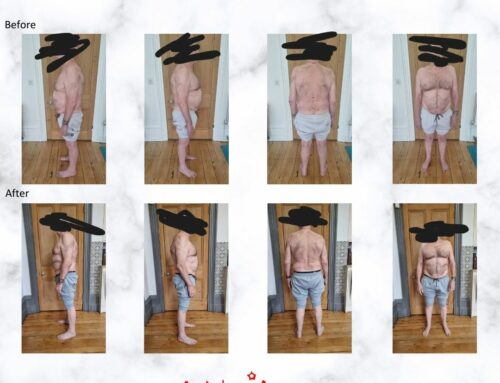This is not a subject we like to talk about, we may snigger or cower with embarrassment. Women are told to check their men’s prostates and men are told to check their women’s breast for cancer. As more and more clients call me suffering from prostate problems or breast cancer I felt the time is right to look from other angles. We all know someone who has either suffered from prostate cancer or even died as a result. According to cancer research UK there were 46,690 new cases of prostate cancer in 2014 , 11,287 deaths in 2014, 84% survival rate in 2014. Sadly the prevention column quoted the following “Preventable cases of prostate cancer are not known as it is not clearly linked to any preventable risk factors”.
The information below must not replace seeing your GP or prostate consultant but gives another lens at looking at the symptoms and cause.
Three cheers for Doug Kauffman

Well along comes Doug Kauffman, if you have not heard of him now is the time to read his book “The fungus link” or google him. Elevated levels of “prostate specific antigen” can signify that a man has prostate cancer. However, much debate has gone over the accuracy and efficacy of this test, with many doctors now doubting its use. Doug Kauffman is said to be controversial and has ruffled alot of feathers, whether he is right or wit’sg its certainly worth looking at the three sides of the coin.
But is there a connection to fungus?
Most doctors contend that benign prostatic hypertrophy is a natural part of the male aging process. However, Doug has posted that fungus may, indeed, be a cause for the swelling of the prostate that is called BPH. His theory suggests that fungus can infect the prostate, causing it to swell, much the way yeast causes bread to rise. This swelling, in turn, can cause the symptoms associated with BPH.
Furthermore, Doug’s research has drawn a clear link between fungal mycotoxins and cancer.

So, the two diseases most associated with the prostate both have some sort of fungal links. Therefore, a prudent measure that would work towards preventing fungal proliferation in the body might also be beneficial for prostate health. To that end, Doug has developed the Phase 1 Diet, which starves pathogenic fungal infections in the body while preventing exposure to foods commonly contaminated by fungal poisons.
If you are experiencing prostate problems – or if you are interested in trying to prevent prostate problems – try switching your diet over to a Phase 1 Diet.
In addition to this, there are some supplements you can try that may aid in reducing symptoms of BPH. Beta-sitosterol is one supplement you may try. Beta-sitosterol is a plant compound that is recommended for treatment of a number of different diseases, from cancer to heart problems to high cholesterol. Pumpkin is also recommended; its diuretic effects can help ease the effects of BPH. And pygeum is derived from the bark of the pygeum tree – its inherent compounds can aid in shrinking the prostate.

If you switch your diet to a Phase 1 diet and all of the sudden your prostate problems disappear, you may have discovered what was causing your problems all along.
Bibliography
“The fungus link” – The fungus link
“Eat, move and be healthy”- Paul Chek






